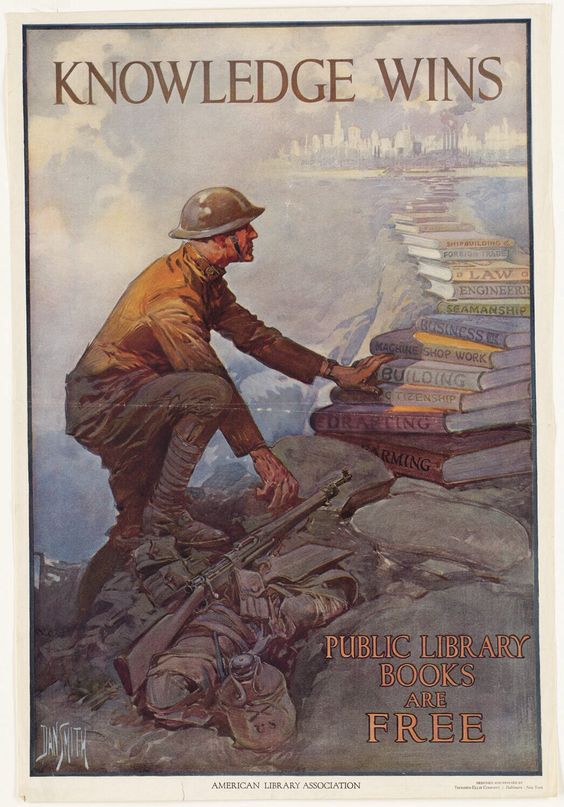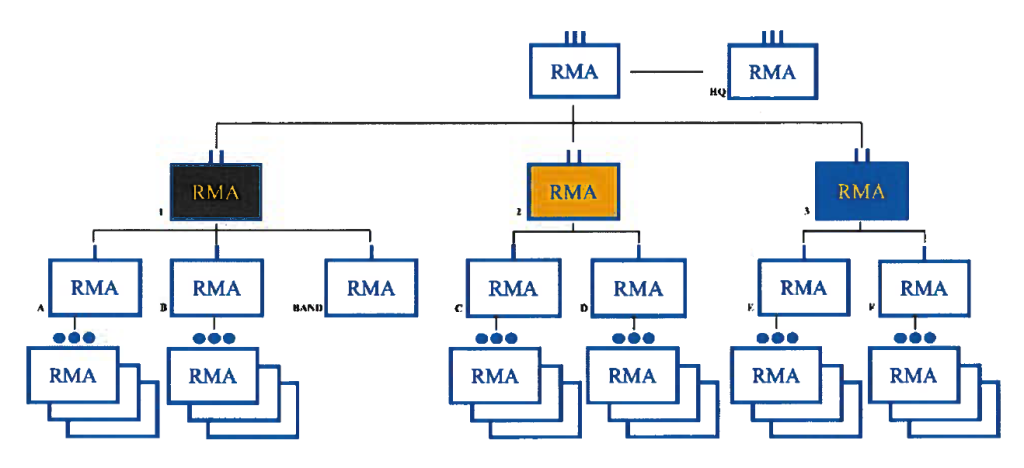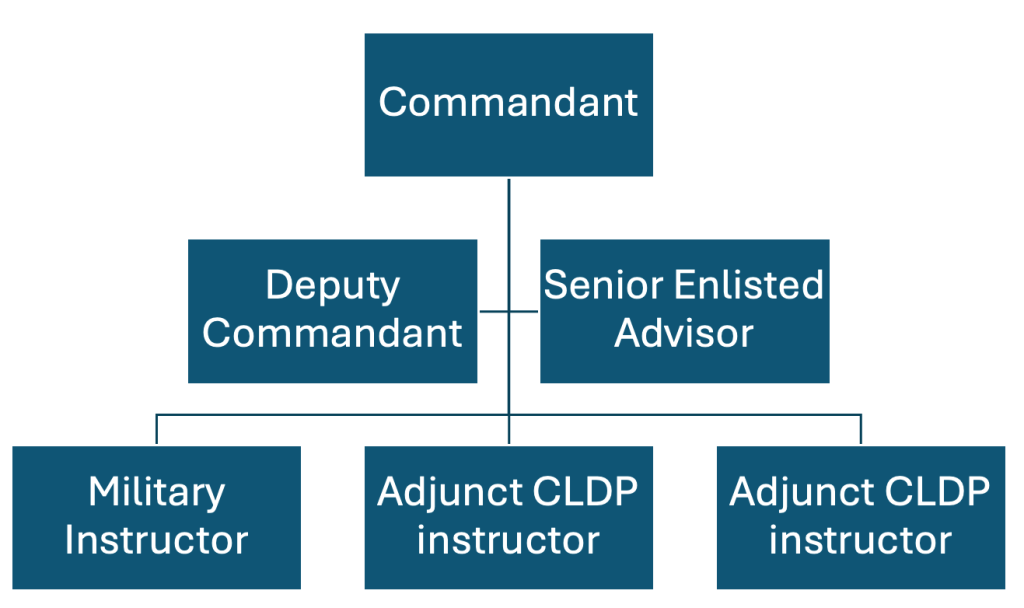
Cadets will receive CLDP training four days a week (4 hours total). This training will consist of mandatory, for credit classes and Cadets will attend classes with their unit. Attending and working as a unit will enable leadership and mentorship opportunities, unit cohesion, common objective setting, and begin to develop an understanding of the importance of good followership skills as essential to effective leadership. During the week each Cadet will follow four tracks: Leadership, Wellness and Drill & Ceremonies.
Under Leadership, the curricula (2 hours per week) are as follows:
- Time management
- Leading by Following
- Teamwork
- Manners & Deportment
- Goal-Setting
- An Introduction to Ethics
- Citizenship & Community
- Time management: Purdue University
- Emotional Resilience
- Leadership Traits and Principles
- GPS for Success
- Lessons in life & leadership: Colin Powell
- Attitude management
- Operational Planning
- Ethical Decision making
- Military Values outside the military
- Ethical dilemmas
- Risk management
- Time management
- Leadership in action
- US military structure and roles
- Land navigation
- Historically notable speeches
- Making speeches
- College preparation
- Application & Interview Skills
- Work/Life Balance
- Responsible Citizenship
Code of Conduct, Military Courtesy, and Drill & Ceremonies
Physical Fitness & Wellness
GPS for Success
Principles of Leadership
Code of Conduct, Military Courtesy, and Drill & Ceremonies
Cadets will understand what a code of conduct means in a community and create a personal roadmap to ensure accountability. Cadets will learn about military traditions and courtesies and why they are relevant to life. Cadets will work on Drill commands and execution. Public speaking and presentation skills will complement all instruction.
The Randolph-Macon Academy Drill Team is a student-owned and led competition team that not only earns awards, but comes together as a family committed to supporting one another on all of the challenges life has to offer. The cadets are successful because of their teamwork, family commitment, hard work ethic and strong team morals and values. The cadets are learning far more than basic drill movements, they are learning life skills; by being committed to a team, they develop both followership and leadership skills, all while never leaving a teammate behind.
Drill and Ceremonies:
One of the cornerstones of the Randolph-Macon Academy Cadet Corps customs, courtesies, and traditions is our execution of close order drill and ceremonies. These traditions are perpetuated from one generation to the next through constant use and practice. The “esprit de corps” of every cadet has been brought about by their ever-present feeling of pride, not only in their unit, but also in themselves.
The preservation of traditional discipline, our customs and courtesies, and the heritage of our Corps is our duty. It is our further duty to see that the same high standard of discipline and esprit de corps is not only preserved, but also further strengthened. These intangibles must be passed on to the future Cadets who will take their place among the ranks of our Corps.
The object of close drill is to teach Cadets by exercise to obey orders and to do so immediately in the correct way. Close order drill is one foundation of discipline and esprit de corps. Additionally, it is still one of the finest methods for developing confidence and leadership abilities in our subordinate leaders.
Ceremonial duties are written deep into our history as a Corps. It is no coincidence that among the units famous for ceremonial prowess and spit-and-polish showcases the discipline of the unit.
Cadets will experience drill on a daily basis with morning formations. They will also participate in corps-wide parade events both on and off campus throughout the year. Additional opportunities exist by participation in the color guard, the rifle team, precision drill competitions and the saber team.
CLDP also includes 1 hour per week of dedicated drill and ceremony training.
R-MA Drill Team:
The R-MA Drill Team consists of several performance teams including Inspection, Armed and Unarmed Regulation, Armed and Unarmed Exhibition and Color Guard. The Inspection Team reports to a judge and performs Open Ranks Inspection while the judges examine their uniform in accordance too military regulations.
The Regulation Teams are a marching unit that performs routines based upon a preexisting military drill card identifying simple drill commands to be executed in sequential order and performed in accordance with the military regulation.
The Exhibition Teams are a unit that creates their routine, typically ranging from five to seven minutes, based upon precision drill movements. The Color Guard team consists of two flag members and two armed riflemen who perform a sequence of drill movements identified on a drill card and performed in accordance with the military regulations.
Awards:
2018 – 2019
2019 AFA Virginia State Drill Team Champions
- 1st Place, Armed Exhibition
- 1st Place, Color Guard
- 2nd Place, Armed Regulation
- 3rd Place, Inspection
- 4th Place, Unarmed Exhibition
- 5th Place, Unarmed Regulation
2019 AFJROTC National Drill Meet, Dayton, OH: Overall 8th Place
- 1st Place Duet, Gabe Rivera ’19 and Rana Diallo ’19
- 6th Place (of 630 cadets), Knockout Competition, Masaru Mori ’19
- 7th Place, Color Guard
- 8th Place, Inspection Team
- 10th Place, Commander’s Trophy (Rana Diallo ’19)
- 13th Place, Unarmed Regulation
- 13th Place, Unarmed Exhibition
(R-MA did not compete in the Armed events at Nationals.)
2018 Yellow Jackets’ Invitational Drill Meet: Overall 2nd Place
- 1st Place trophies in 1st Year Color Guard, Unarmed Regulation, Advanced Color Guard
- 2nd Place trophies in 1st Year Inspection and Armed Regulation
- 3rd Place trophies in Unarmed Regulation, and Advanced Inspection
- Knockout competition: Jacob Gehly ’20 earned 1st Place and Citlaly Sosa ’20 won 2nd Place
2017 – 2018
2018 AFA Virginia State Drill Team Champions
- 1st Place trophies in Unarmed Regulation, Inspection
- 2nd Place trophies in Armed Exhibition and Unarmed Exhibition
- 3rd Place trophies in Armed Regulation and Solo Nathan Stewart ’20
- 4th Place trophy in Color Guard
2018 R-MA Yellow Jackets Invitational Drill Meet: Overall 1st Place
- 1st Place trophies in Advanced Unarmed Regulation, Armed Regulation, and 1st Year Inspection
- 2nd place trophies in Advanced Color Guard, Advanced Inspection, and 1st Year Color Guard
- 3rd Place trophies in 1st Year Unarmed Regulation
2017 Wolverine Invitational Drill Competition
- 1st Place Armed Regulation
- 2nd Place Unarmed Regulation
2016 – 2017
AMCSUS Silent Drill Competition: 3rd Place
2016 Wolverine Drill Competition
- 1st Place trophies in Unarmed Regulation and Inspection
- 2nd Place trophies in Color Guard
- 3rd Place trophy in 1st Year Unarmed Regulation
2016 AFA Virginia States Drill Competition: Overall 6th Place
- 3rd Place Unarmed Regulation
- 4th Place in Color Guard
- 5th Place in Armed Exhibition
Physical Fitness & Wellness
Wellness during CLDP (1 hour per week) includes self-directed cardio, weight training, group calisthenics (dodgeball), yoga/stretching, track work and jiu jitsu/striking. This program will address both the physical and emotional well-being of Cadets. Cadets will develop their own fitness routines based on personal goals, understand the importance of emotional resilience, and focus on nutrition and its importance for a strong mind and body. Cadets will also receive training in First Aid.
GPS for Success
GPS For Success is a nationwide life skills prevention program that utilizes Emotional Intelligence programming created by the My Life My Power Institute. Instructors will motivate and inspire Cadets through 5 core principles: Vision, Mission, Purpose, Team, and Commitment. The approach helps empower Cadets to be more intrinsically driven, self-aware, focused in life, equipped to work through life’s challenges, and committed to staying substance-free.
Principles of Leadership
The Principles of Leadership track will initially cover four modules: The Synergy of Followship and Leadership, Ethical Decision-Making, Adaptive Leadership, and Creating a Positive Team Culture.
Module Title: The Synergy of Followship and Leadership: Unlocking the Power of Effective Collaboration
This module delves into the intricate dynamics between followship and leadership, emphasizing their interdependence and the potential for synergy when both are fostered effectively. Cadets will explore the qualities and skills required to be effective followers and leaders, understand the importance of mutual trust and communication, and learn how to cultivate a collaborative environment. Through case studies, interactive discussions, and practical exercises, Cadets will develop a comprehensive understanding of the relationship between followship and leadership and how it contributes to success in various contexts.
By the end of this module, Cadets will have gained a comprehensive understanding of the symbiotic relationship between followship and leadership. They will have developed insights into the qualities and skills required to be effective followers and leaders, and they will be equipped with practical strategies to foster collaboration and synergy within teams. This course will empower Cadets to become not only competent leaders but also supportive and engaged followers, enabling them to thrive in diverse environments and contribute positively to their communities.
Module Title: Ethical Decision-Making: Navigating Moral Dilemmas with Integrity
This engaging module is designed to equip Cadets with the necessary tools and frameworks to make ethical decisions in their personal and professional lives. Cadets will explore various ethical theories, engage in critical thinking exercises, and analyze real-life ethical dilemmas. Beginning with the famous “trolley problem,” Cadets will delve into the complexities of ethical decision- making, examining moral principles, values, and the consequences of their choices. Through interactive discussions, case studies, and practical exercises, Cadets will develop the skills and ethical reasoning necessary to navigate moral dilemmas with integrity.
By the end of this module, Cadets will have developed a comprehensive understanding of ethical decision-making, exploring various ethical theories and frameworks. They will possess the critical thinking skills necessary to analyze moral dilemmas, consider the consequences of their choices, and make principled decisions aligned with their values and principles. This course will empower Cadets to navigate ethical challenges with integrity, preparing them to become ethically responsible individuals in their future endeavors.
Module Title: Adaptive Leadership: Navigating Change
This dynamic module is designed to equip Cadets with the essential skills and mindset of adaptive leadership. Cadets will explore the concept of adaptive leadership, examine the challenges posed by change and uncertainty, and develop strategies for leading in diverse and evolving contexts.
Through interactive discussions, case studies, and practical exercises, Cadets will enhance their ability to navigate change, inspire others, and foster collaboration. This module empowers Cadets to become adaptable leaders capable of driving positive change in their personal and academic lives.
By the end of this module, Cadets will have gained a comprehensive understanding of adaptive leadership and its practical applications. They will have developed skills in diagnosing systems, managing themselves, and mobilizing others to navigate change and drive positive outcomes.
With an emphasis on self-awareness, collaboration, and decision-making, Cadets will be prepared to embrace leadership opportunities and make meaningful contributions in an ever-changing world.
Module Title: Creating a Positive Team Culture: Building Collaboration and Success
This interactive module is designed to empower Cadets with the knowledge and skills to create a positive team culture in various settings, such as sports teams, clubs, and group projects. Cadets will explore the key elements of a positive team culture, understand the benefits it brings, and learn strategies for fostering collaboration, respect, and support within teams. Through engaging discussions, team-building activities, and case studies, cadets will develop the tools to cultivate a positive team culture that leads to enhanced performance, satisfaction, and collective success.
By the end of this module, Cadets will have gained a comprehensive understanding of the elements and strategies for creating a positive team culture. They will possess the skills to foster collaboration, respect, and inclusivity within teams, leading to improved performance and overall satisfaction. With a focus on effective communication, support, and shared values, cadets will be equipped to create environments where team members thrive, contribute their best, and achieve collective success.
Corp of Cadets Structure
The Randolph-Macon Academy Corps of Cadets is organized into a single regiment. The regiment contains a regimental headquarters element and three battalions: First Battalion, Second Battalion, and Third Battalion. First Battalion has three companies: Alpha Company, Bravo Company, and Band Company. Second Battalion has two companies: Charlie Company and Delta Company. Third Battalion also has two companies: Echo Company and Fox Company. The Regimental Headquarters comprises the Administrative (S-1), Operations (S-3), and Logistics (S-4) sections.

The CLDP Staff Department organizational structure is as follows:


